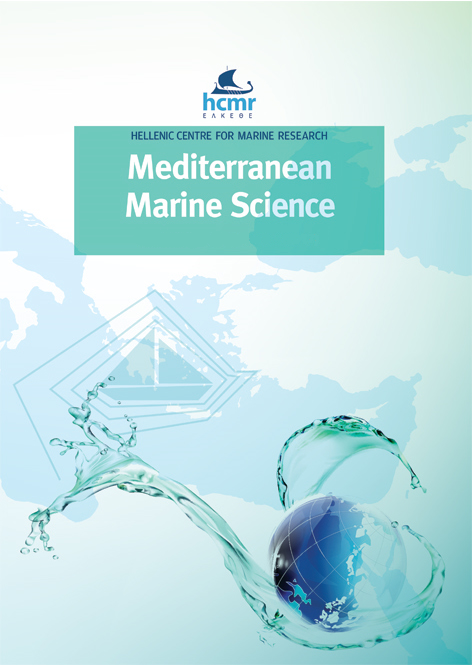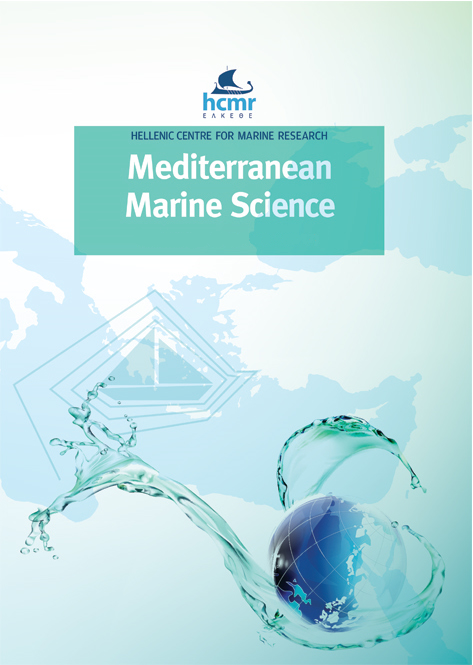Offshore recreational fisheries of large vulnerable sharks and teleost fish in the Mediterranean Sea: first information on the species caught
Аннотация
Large-sized pelagic sharks and teleost fish are vulnerable to overexploitation by professional fisheries but little is known about the species caught by recreational fishing. This study presents for the first time in the Mediterranean an evaluation of the catch of pelagic sharks and teleost fish being caught by recreational fishermen by analyzing publicly available videos posted on social media. The analysis reveals that several vulnerable species, including the blue shark Prionace glauca, the shortfin mako Isurus oxyrinchus, the thresher shark Alopias vulpinus, the sixgill shark Hexanchus griseus, the swordfish Xiphias gladius, and the Mediterranean spearfish Tetrapturus belone are caught by offshore recreational fishermen, with the blue shark and the swordfish being the most commonly caught species. The majority of individuals caught are juveniles that are mostly released back to sea, issues that are in agreement with field studies. New measures related to handling practices are proposed to protect these species.
Article Details
- Как цитировать
-
PANAYIOTOU, N., BITON PORSMOGUER, S., MOUTOPOULOS D. Κ., & LLORET, J. (2020). Offshore recreational fisheries of large vulnerable sharks and teleost fish in the Mediterranean Sea: first information on the species caught. Mediterranean Marine Science, 21(1), 222–227. https://doi.org/10.12681/mms.21938
- Выпуск
- Том 21 № 1 (2020)
- Раздел
- Short Communication
Authors who publish with this journal agree to the following terms:
- Authors retain copyright and grant the journal right of first publication with the work simultaneously licensed under a Creative Commons Attribution Non-Commercial License that allows others to share the work with an acknowledgement of the work's authorship and initial publication in this journal.
- Authors are able to enter into separate, additional contractual arrangements for the non-exclusive distribution of the journal's published version of the work (e.g. post it to an institutional repository or publish it in a book), with an acknowledgement of its initial publication in this journal.
- Authors are permitted and encouraged to post their work online (preferably in institutional repositories or on their website) prior to and during the submission process, as it can lead to productive exchanges, as well as earlier and greater citation of published work (See The Effect of Open Access).






